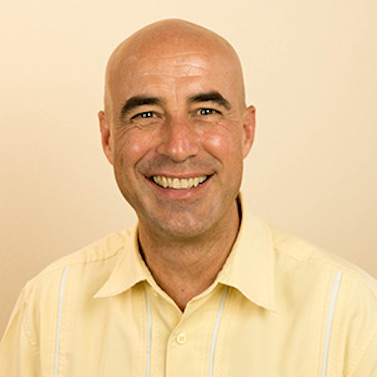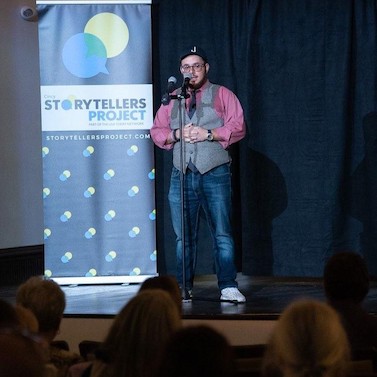Those of us who face addiction know the battle of recovery is not linear. It goes up, down, and sideways, and often takes sudden sharp curves. This begs the question, are addiction cravings permanent? Will every day continue to be an uphill battle? We asked our readers this important question and each gave us a unique answer. Keep reading to see what they had to say.

Jean Francois Benoist
JF Benoist is the founder and program manager of The Exclusive Hawaii, a non-12-step, holistic addiction treatment center.
Table of Contents
Learn Skills to Regulate Your Nervous System
No, it’s not true that people who struggle with addiction will have urges for the rest of their lives.
Urges are only there to soothe your dysregulated nervous system. If you learn skills to regulate your nervous system in a healthy way, you’ll start seeing your urges diminish.
One way to calm your nervous system is to develop a conscious breathing or meditation practice. As you’re sitting and breathing through the thoughts that bombard you, you can question if they’re actually true:
“Is it true that my coworker hates me for correcting their mistake?”
“Is it true my partner is annoyed because I talk about my problems a lot?”
Once you build up the muscle to verify whether a thought is true or not, you can learn to let go of the false stories we make up.
“No, I’m sure my coworker doesn’t hate me for that.”
“No, my partner always tells me how they want to support me.”
Releasing these thoughts — and the self-judgment that comes from them — leads to an overwhelming feeling of relief. This relief is what soothes your nervous system, and ultimately, helps your urges fade away.
Maybe, But Manageable
Due to changes in the inherent neuropathways of the brain from addiction, there is a chance that individuals will have permanent urges which may not subside. We know that there is not only a biological component to addiction, but also psychological and social ones. If these areas are targeted and managed, here will be increased capacity to deal with these urges by individuals.

Monty Ghosh
Monty Ghosh, Addiction Specialist and Physician. Find him at Monty Ghosh.

Jay Shifman
It’s Totally Normal to Have Cravings in Recovery.
We’ve bought into this idea that succeeding in recovery is perfection; total abstinence and embracing your failure. This is unreasonable and absurd. We don’t do that with any other health struggle.
Can you imagine if someone in remission had a relapse and people asked them why they’d failed? How traumatizing would that be? For many of those in recovery, recovery is an ongoing experience and experiment. We are in recovery, we are not recovered. Relapse is a part of the journey and should be accepted as such.
Cravings for Drugs Never Cease
However, the intensity of the craving does. It might sound a little weird. But people addicted to drugs are no different from people addicted to anything else, from an addiction point of view, of course. They will always feel the urge to use it at any moment’s notice, especially when they feel depressed or anxious. That’s why rehab-specialists often advise working out, finding a hobby, yoga, or other activities that are meant to drain bad feelings so you don’t feel the urge to use drugs.
The urge to use drugs often decreases with time. This happens because you find another response to emotions rather than the drug itself. In other words, you think about working out or doing some yoga instead of using drugs when you feel down.
Rehab/detox is just the first step. Fighting against cravings is a lifetime job. So, keep your loved ones close, don’t feel ashamed of yourself, and be proud of your process.

Steven Zhang
This is a crowdsourced article. Contributors' statements do not necessarily reflect the opinion of this website, other people, businesses, or other contributor
